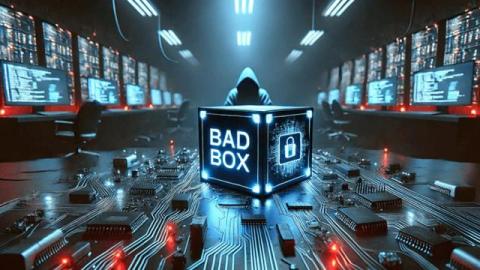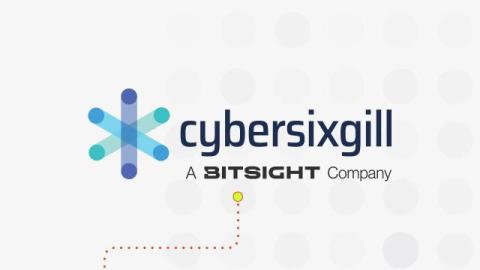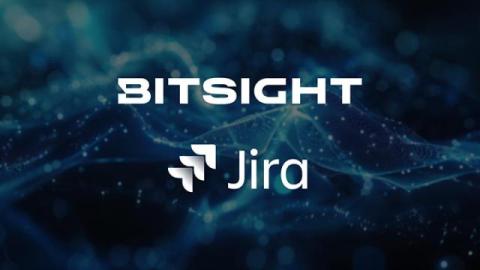General Data Protection Regulation (GDPR) Compliance: An Advanced Guide
The General Data Protection Regulation (GDPR) is a pivotal framework that governs data protection and privacy for individuals within the European Union (EU). Its implications are far-reaching, affecting organizations worldwide that handle EU citizens' data. Understanding and achieving GDPR compliance is essential to avoid substantial penalties and to maintain trust with customers.






